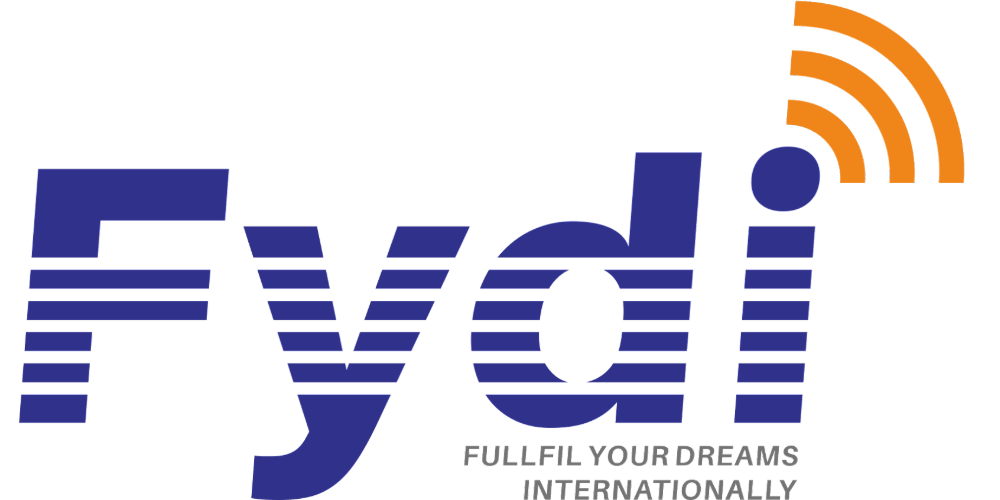Effective revenue cycle management (RCM) is critical for healthcare organizations looking to enhance their financial performance. In today’s complex healthcare environment, where reimbursement models are constantly evolving, how can outsourcing enhance cash flow? By outsourcing billing and collections, healthcare providers can streamline their revenue cycle processes, resulting in improved financial performance and patient satisfaction. For a broader understanding of how outsourcing can benefit your organization, refer to our Healthcare Outsourcing Pillar Page.
Understanding Revenue Cycle Management in Healthcare
The revenue cycle encompasses all administrative and clinical functions that contribute to the capture, management, and collection of patient service revenue. This cycle includes several key processes:
Patient Registration: Collecting and verifying patient information before they receive services.
Eligibility Verification: Ensuring that a patient’s insurance coverage is active and that services are covered.
Billing and Collections: Generating invoices for services rendered and following up on unpaid bills.
Denial Management: Addressing claims that are denied by payers to ensure payment is received.
Challenges in RCM can lead to delays in payments, increased operational costs, and compromised patient care. This is where outsourcing can play a pivotal role in optimizing the revenue cycle.
Key Advantages of Outsourcing Revenue Cycle Management
1. Faster Collections
 Outsourcing can significantly expedite the collections process, which is crucial for maintaining a healthy cash flow.
Outsourcing can significantly expedite the collections process, which is crucial for maintaining a healthy cash flow.
What impact does this have on cash flow? Faster collections lead to improved cash flow, allowing organizations to reinvest in patient care and operational improvements. When healthcare providers can quickly collect payments from patients and insurance companies, they have more funds available to enhance services, invest in new technologies, or even hire additional staff to improve patient care.
Accelerated Payment Processes: Outsourced billing firms often have established relationships with payers and utilize advanced technology to track claims and follow up on outstanding payments. This results in quicker resolutions and payments, helping to keep cash flow consistent.
2. Increased Billing Accuracy
Billing errors can have serious financial consequences for healthcare organizations. Outsourced professionals are trained to minimize these errors effectively. 
Can outsourcing reduce the incidence of claim denials? Yes, with expert coding and billing practices, organizations can significantly reduce claim denials and ensure quicker payments. Skilled outsourcing partners employ trained staff familiar with the latest coding guidelines and payer requirements.
Benefits of Accurate Billing: Increased billing accuracy not only improves cash flow but also enhances patient satisfaction. When patients receive accurate bills, they are more likely to pay promptly, leading to a healthier bottom line.
3. Focus on Core Services
By outsourcing non-core activities, healthcare providers can refocus their efforts on delivering high-quality patient care.
How does this enhance patient care? With reduced administrative burdens, healthcare professionals can allocate more time to patient interactions and clinical responsibilities. This focus on core services can lead to improved patient outcomes and satisfaction.
Realigning Organizational Priorities: Outsourcing allows healthcare organizations to streamline their operations, freeing up staff to prioritize patient care rather than administrative tasks. This shift can create a more positive environment for both healthcare providers and patients.
4. Expert Knowledge of Regulatory Compliance
 Staying compliant with healthcare regulations is a daunting task that requires ongoing education and expertise.
Staying compliant with healthcare regulations is a daunting task that requires ongoing education and expertise.
What are the implications of compliance in revenue cycle management? Adhering to regulations reduces the risk of costly penalties and fines. Outsourcing firms specialize in keeping up with the latest regulations, ensuring that organizations are compliant with laws such as HIPAA and Medicare reimbursement guidelines.
Avoiding Costly Penalties: Non-compliance can lead to significant financial penalties that can hurt an organization’s cash flow. By partnering with a knowledgeable outsourcing provider, healthcare organizations can mitigate these risks and focus on their primary mission of patient care.
To learn more about healthcare compliance visit The HIPAA Journal website.
5. Enhanced Technology and Data Management
Outsourcing RCM allows healthcare organizations to take advantage of advanced technologies that may be cost-prohibitive to implement in-house. 
How does technology improve the RCM process? Many outsourcing firms utilize sophisticated billing and coding software that automates many aspects of the revenue cycle. This technology can help reduce errors, enhance efficiency, and ensure timely submissions of claims.
Improved Data Security: By outsourcing RCM, healthcare organizations can also benefit from enhanced data management practices. Established outsourcing firms typically have robust security measures in place to protect sensitive patient information.
How to Choose the Right RCM Outsourcing Partner
 Selecting the right partner for revenue cycle management outsourcing is crucial for maximizing the benefits. Here are some factors to consider:
Selecting the right partner for revenue cycle management outsourcing is crucial for maximizing the benefits. Here are some factors to consider:
Experience and Specialization: Look for partners with experience in healthcare RCM. Their expertise will help navigate the complexities of billing, coding, and compliance.
Technology Capabilities: Ensure that the outsourcing firm employs advanced technology solutions that align with your organization’s needs and integrate well with existing systems.
Transparent Communication: Clear communication is essential for successful outsourcing relationships. Choose partners that prioritize transparency and maintain open channels of communication.
Performance Metrics: Review potential partners’ performance metrics to understand their efficiency, accuracy, and overall success in managing revenue cycles for similar healthcare organizations.
Conclusion
Outsourcing revenue cycle management can significantly improve cash flow for healthcare organizations. By leveraging the expertise of specialized firms, organizations can expedite collections, enhance billing accuracy, and ensure regulatory compliance—all while allowing healthcare professionals to focus more on patient care.
To explore further, visit our article on Reducing Administrative Burden Through Outsourcing and learn more about optimizing your processes in our Healthcare Outsourcing Pillar Page.
FAQs About Outsourcing Revenue Cycle Management
Q: What is revenue cycle management in healthcare?
A: Revenue cycle management encompasses all administrative and clinical functions that contribute to the capture, management, and collection of patient service revenue.
Q: How can outsourcing improve cash flow in healthcare?
A: Outsourcing can speed up collections, increase billing accuracy, and reduce administrative burdens, leading to improved cash flow.
Q: What should I look for in an RCM outsourcing partner?
A: Consider their experience in healthcare, technology capabilities, transparent communication, and performance metrics.

